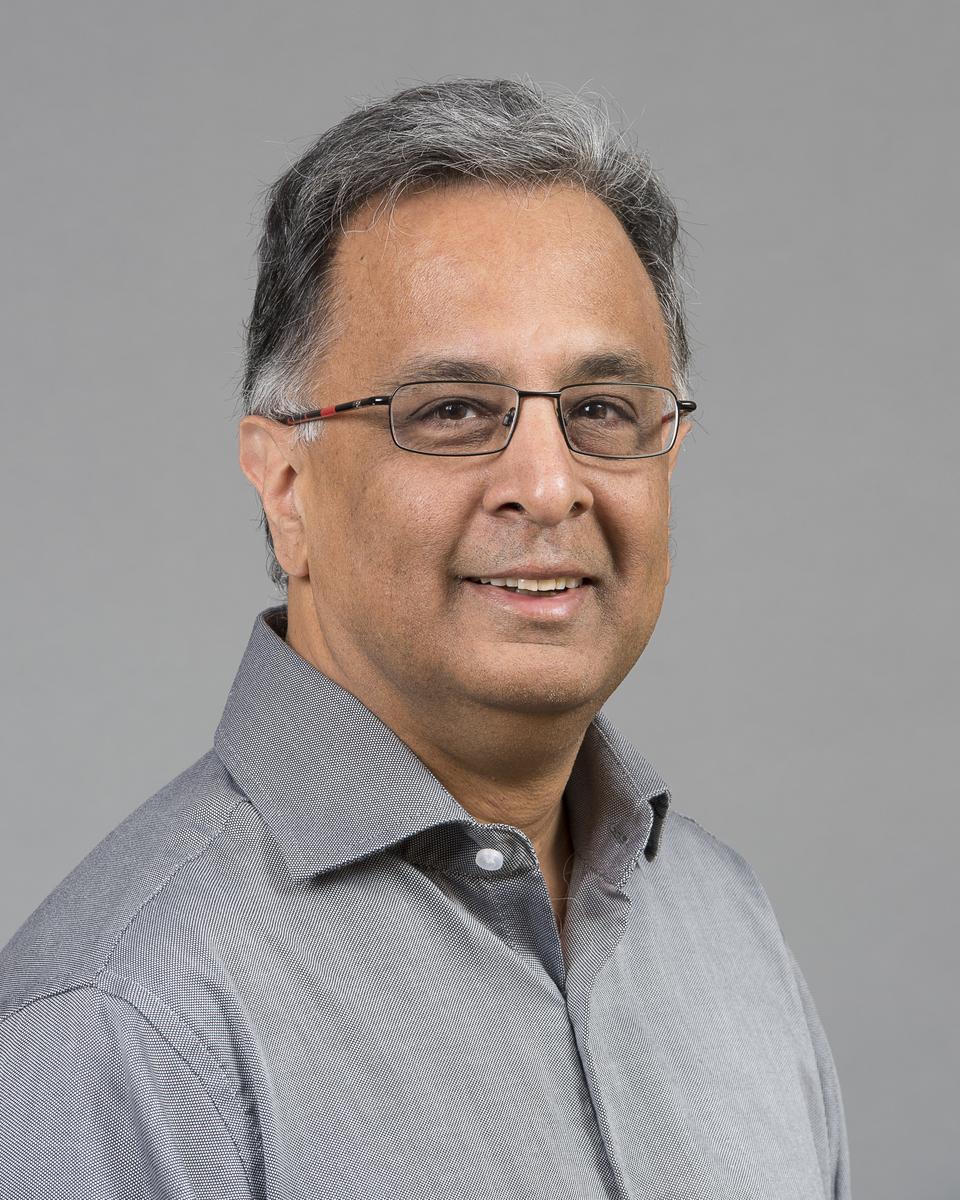Dr. Rashmi Kothary
Senior Scientist
Dr. Kothary is the Deputy Scientific Director and Senior Scientist at the Ottawa Hospital Research Institute (OHRI). He received a Ph.D. in Biochemistry from the University of British Columbia and pursued postdoctoral research in the laboratories of Dr. Janet Rossant at the Mount Sinai Hospital Research Institute in Toronto and Dr. Azim Surani in Cambridge, U.K. It was during these formative years that Dr. Kothary developed his interests in the use of transgenic mice to model disease pathology. In 1990, he returned to Canada to begin his independent research career at the Institut du cancer de Montréal. In 1998, Dr. Kothary joined the OHRI. He held the University Health Research Chair in Neuromuscular Disorders and is a Professor at the University of Ottawa. His current research focuses on investigating extrinsic and intrinsic factors important for oligodendrocyte mediated myelination and remyelination of the CNS (in the context of Multiple Sclerosis), and understanding Spinal Muscular Atrophy pathogenesis and identifying novel therapeutics for this devastating children’s disease. He has served on the scientific advisory board for MS Society of Canada, MDA and Cure SMA, and is a reviewer for the CIHR, NIH and Shriners Hospitals for Children.
Learn more about Dr. Kothary
How did you become interested in MS research? What inspires you to continue advancing research in this field?
My interest in MS research began through our work in understanding the basic biology regulating myelinating cells of the peripheral and central nervous system. In particular, we were interested in how these special cells attained and maintained their elaborate morphology. The need for regenerative therapies for MS continues to inspire me.
What do you enjoy most about doing research and what are some of the challenges you face?
The most exciting part about working in a lab is the interaction with the trainees and watching them grow into independent researchers. The eureka moments are rare, but they are worth waiting for. The challenges are maintaining adequate funding to keep research projects running.
Describe the importance and level of collaboration in your research?
Given the nature of funding paucity in our current research environment, working in collaboration with other teams and other institutions becomes paramount to success. Getting complementary expertise into a project strengthens the outcome and validity of the results.
How important is the support from the MS Society in enabling you to conduct research?
We are extremely grateful to the MS Society of Canada and the donors who support our research. It is important for them and you to know that without this grant, this project would stop. Also important to note is how important their efforts are in attracting and training the students who represent the next generation of MS researchers.
